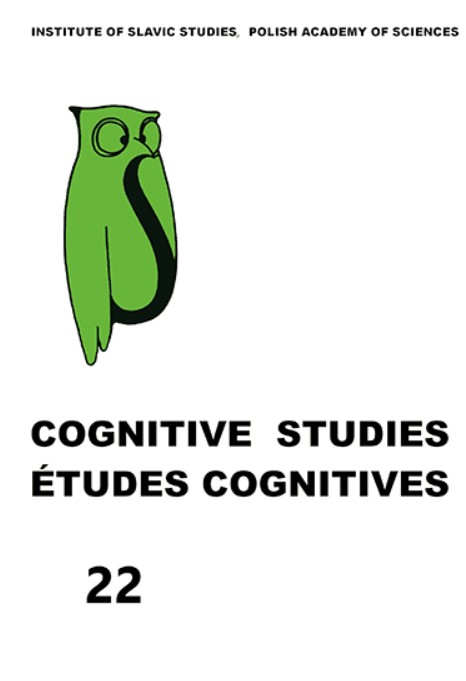Functions of Meta-discursive Nouns: A Corpus-based Comparison of Post-graduate Genres in L1 and L2 English
Functions of Meta-discursive Nouns: A Corpus-based Comparison of Post-graduate Genres in L1 and L2 English
Author(s): Fatma Yuvayapan, Ilyas YakutSubject(s): Foreign languages learning, Language acquisition, Higher Education
Published by: Instytut Slawistyki Polskiej Akademii Nauk
Keywords: academic writing; post-graduate genres; meta-discursive nouns;
Summary/Abstract: Academic discourse is characterized by various linguistic features that academic writers utilize to maintain cohesion, reader–writer communication, and authorial stance. Recently, meta-discourse (MD) has received considerable attention as one of the most prominent linguistic and pragmatic features of academic writing. Despite the abundance of nouns in academic genres, there has been little attention paid to their meta-discursive functions. In this study, we intend to address this gap by exploring the usage of nouns, specifically in two important post-graduate genres: MA and Ph.D. theses written by both native and non-native academic writers of English. The analysis draws on a corpus of 1,148,992 words of MA and Ph.D. theses, and the concordance software, AntConc version 3.5.8, was utilized to calculate the frequency counts of MD nouns. Log-likelihood statistics were performed to determine whether there was a statistical difference among four corpora regarding the use of MD nouns. We observed cultural variations in the MD noun usage between native and non-native academic writers of English. The analysis also reflected the same rhetorical decisions by both groups of academic writers regarding the deployment of MD nouns in MA and Ph.D. theses. Hence, it may be suggested that a genre-based approach in academic writing courses may raise students’ awareness of socially and disciplinary-based norms of academic genres.
Journal: Cognitive Studies | Études cognitives
- Issue Year: 2022
- Issue No: 22
- Page Range: 1-16
- Page Count: 16
- Language: English

